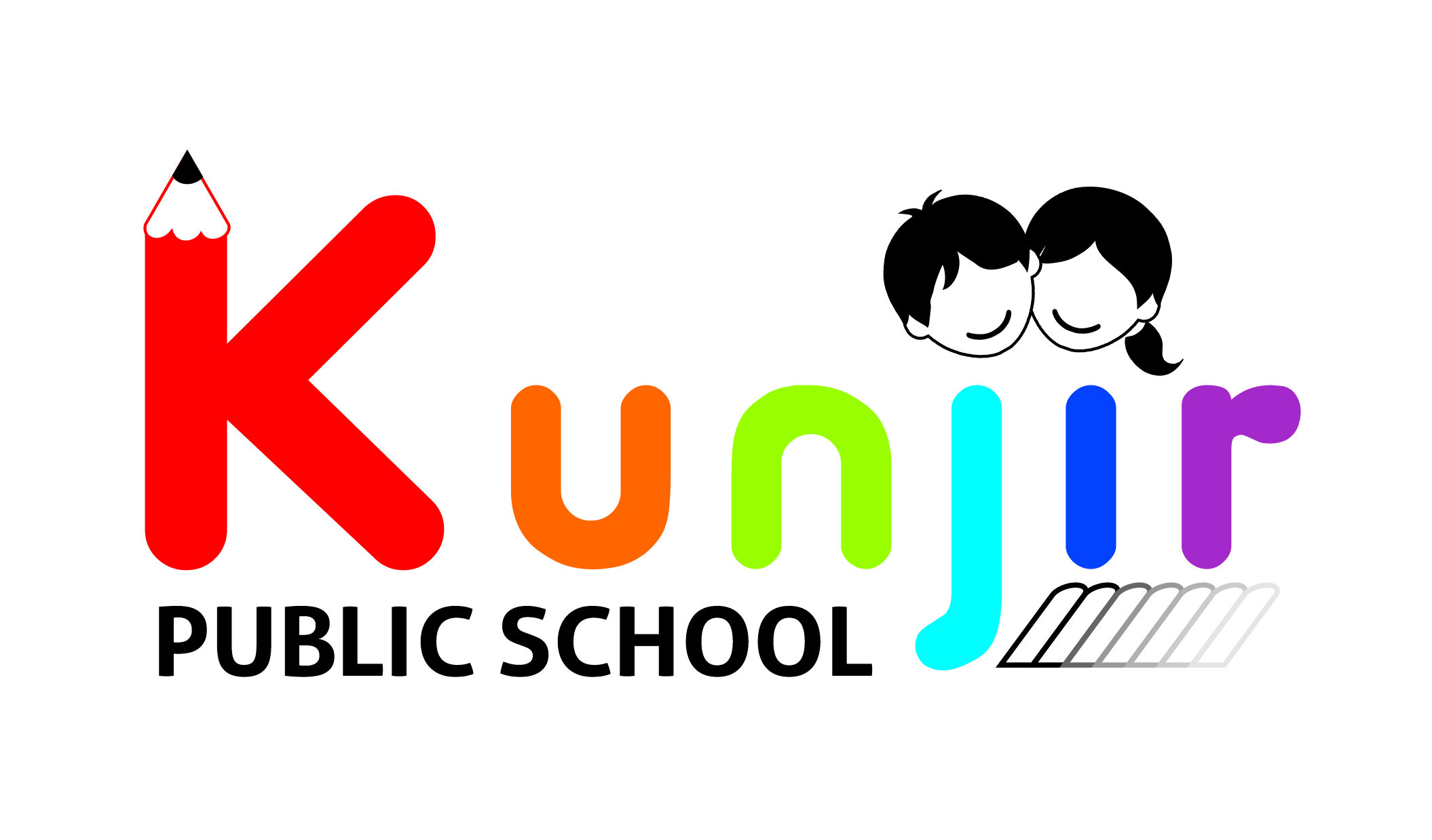Introduction Department Of Computer & Coding Studies (CCS)
The Computer & Coding Studies (CCS) Department drives the school’s technology and programming education. From basics in computer literacy to advanced programming, the department’s curriculum is hands-on and project-based. Students begin with fundamental skills like typing, Office tools, and internet research techniques, then move on to learning programming languages such as Python, C++ or Java as they advance. Software development projects are a key feature – students might collaborate to design simple applications, develop websites, or create mobile apps as part of their coursework. This practical approach ensures that by the time they graduate, students are not just consumers of technology but also capable creators, comfortable with coding and computational thinking.

About The Department
In addition to core programming, the CCS Department keeps students at the forefront of emerging technologies. Courses and clubs expose learners to basics of artificial intelligence (AI) and robotics, where they learn how AI works and even experiment with coding AI algorithms or controlling robots. There is also an introduction to ethical hacking and cybersecurity to teach students about online safety and the ethics of technology use – often through fun hackathons and security challenges that build awareness of protecting digital information. Many students participate in inter-school coding contests and robotics competitions, a collaborative effort between the CCS and Robotics departments, giving them a platform to apply their skills competitively. Throughout these activities, teamwork and innovation are emphasized: students frequently work in pairs or teams to debug programs or build tech solutions, mirroring real-world IT project dynamics. By engaging with cutting-edge topics and problem-solving in groups, students enhance their creativity, logical reasoning, and leadership abilities (for instance, by taking the lead in a coding project or tech club event). The CCS Department thus produces tech-savvy graduates who are well-prepared for higher studies in computer science and for the increasingly digital world, having already practiced adapting to new technologies and collaborating on software projects.




